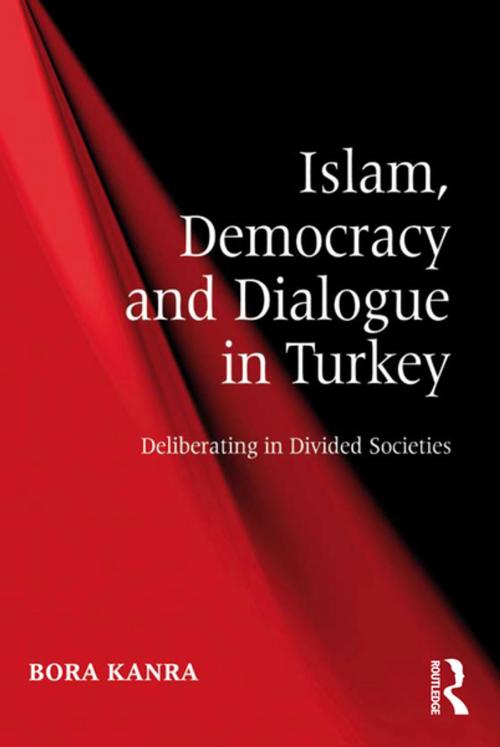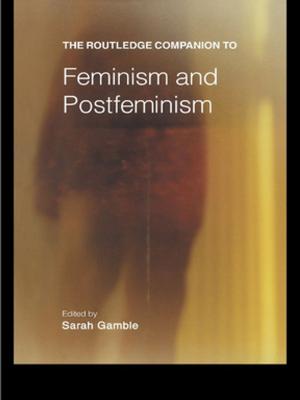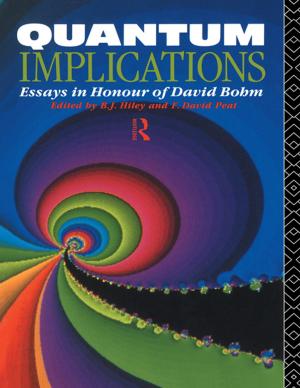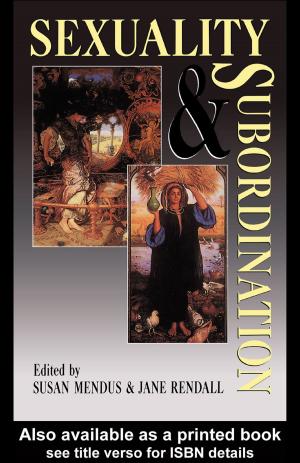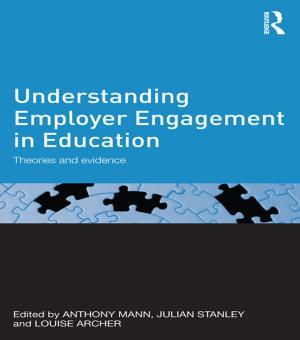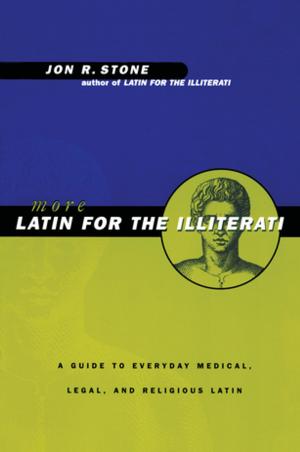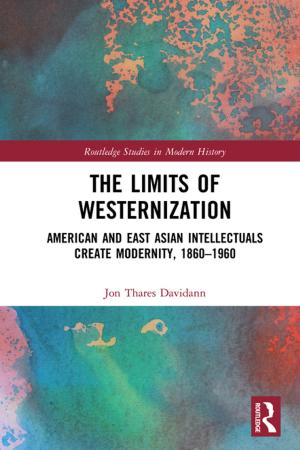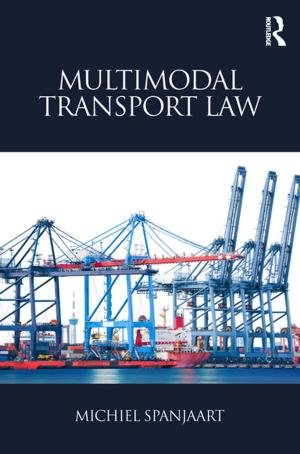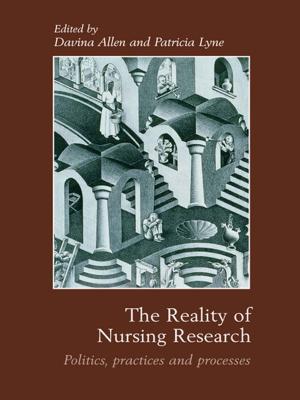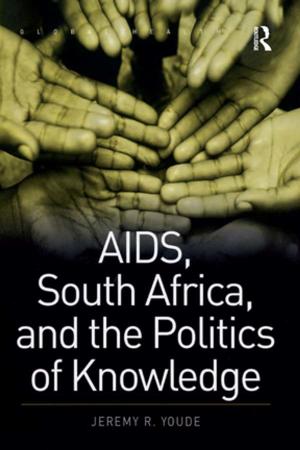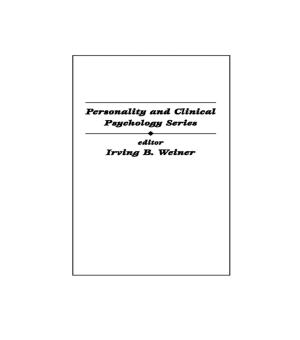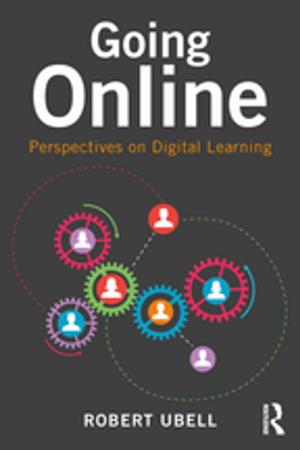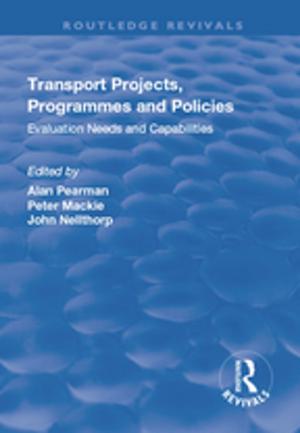Islam, Democracy and Dialogue in Turkey
Deliberating in Divided Societies
Nonfiction, Social & Cultural Studies, Political Science| Author: | Bora Kanra | ISBN: | 9781317112389 |
| Publisher: | Taylor and Francis | Publication: | May 6, 2016 |
| Imprint: | Routledge | Language: | English |
| Author: | Bora Kanra |
| ISBN: | 9781317112389 |
| Publisher: | Taylor and Francis |
| Publication: | May 6, 2016 |
| Imprint: | Routledge |
| Language: | English |
Most theorists of deliberative democracy treat deliberation as a procedure in decision-making. This approach neglects an important phase oriented not so much to decision-making but to social learning and understanding. Combining deliberative theory with research from social psychology, Bora Kanra has developed an innovative critique and synthesis by allocating social learning its own formal sphere. For deliberative democracy to produce better outcomes, decision-making needs to be reinforced by opportunities for social learning. Stressing the importance of the development of democratic dialogue in divided societies, Kanra tests his claims of a new deliberative framework by analyzing interaction between Islamic and secular discourses in the Turkish public sphere. This in-depth analysis of converging and diverging political beliefs and traditions between seculars and Islamists emphasizes the importance of social learning in a sharply divided society. A groundbreaking and illuminating insight into the prospects for democratic development in Turkey, Islam, Democracy and Dialogue in Turkey reveals an emerging dynamic in Turkish politics representing a new opening in political practice.
Most theorists of deliberative democracy treat deliberation as a procedure in decision-making. This approach neglects an important phase oriented not so much to decision-making but to social learning and understanding. Combining deliberative theory with research from social psychology, Bora Kanra has developed an innovative critique and synthesis by allocating social learning its own formal sphere. For deliberative democracy to produce better outcomes, decision-making needs to be reinforced by opportunities for social learning. Stressing the importance of the development of democratic dialogue in divided societies, Kanra tests his claims of a new deliberative framework by analyzing interaction between Islamic and secular discourses in the Turkish public sphere. This in-depth analysis of converging and diverging political beliefs and traditions between seculars and Islamists emphasizes the importance of social learning in a sharply divided society. A groundbreaking and illuminating insight into the prospects for democratic development in Turkey, Islam, Democracy and Dialogue in Turkey reveals an emerging dynamic in Turkish politics representing a new opening in political practice.
